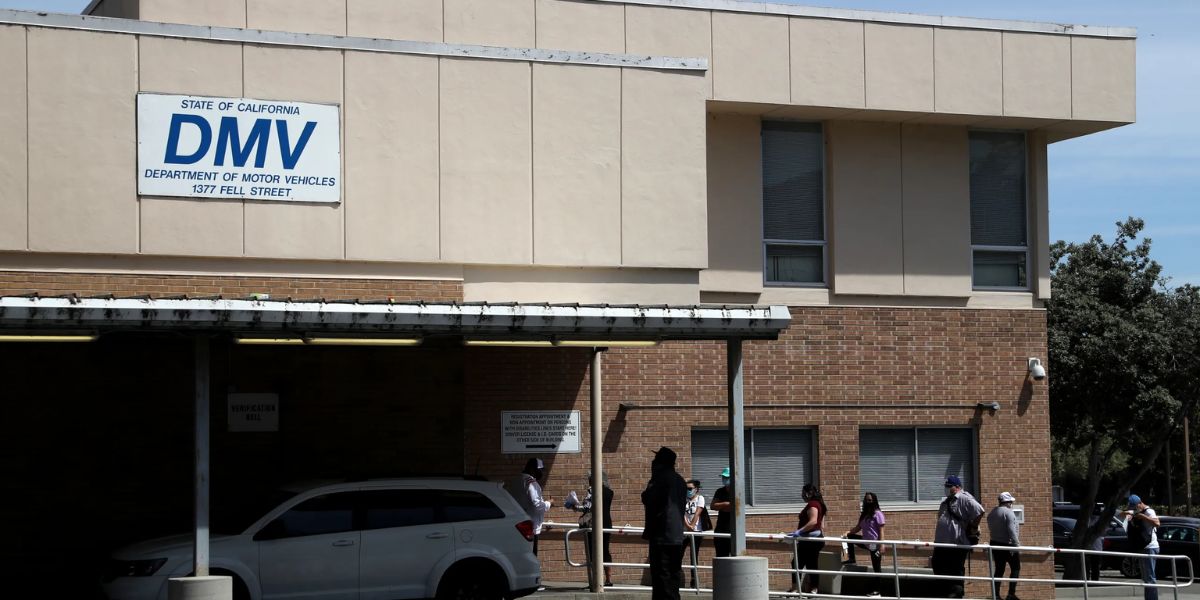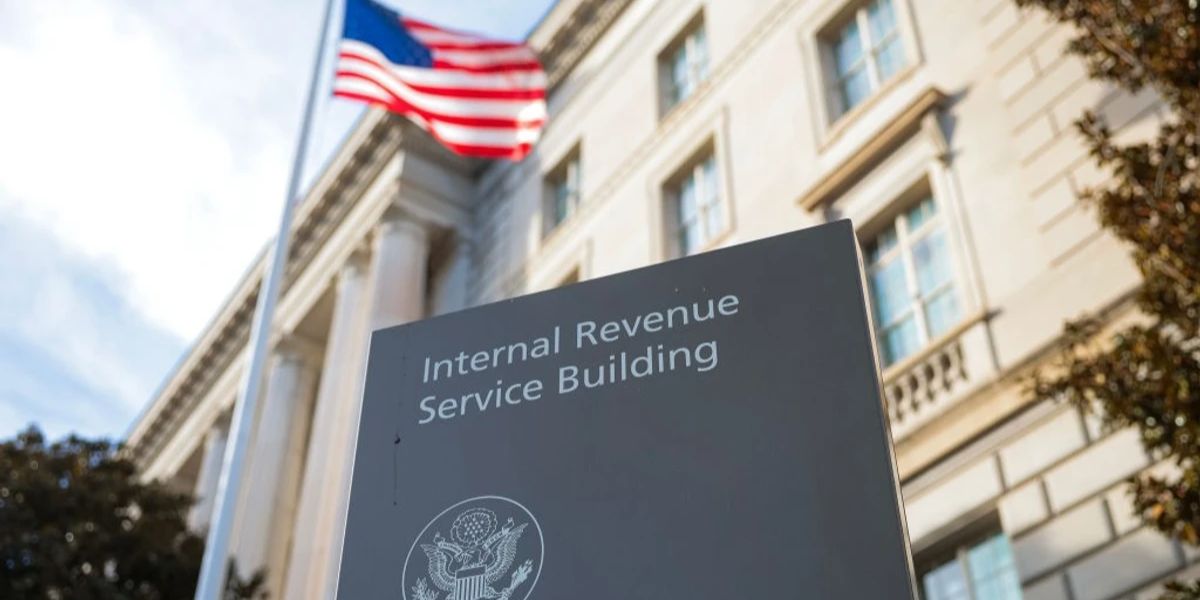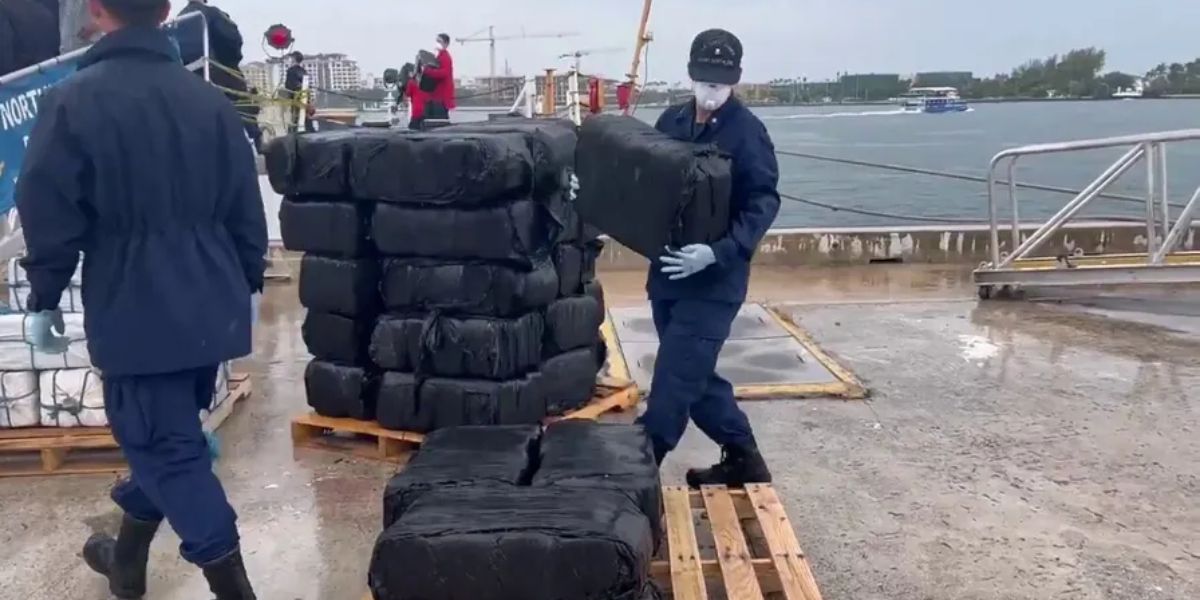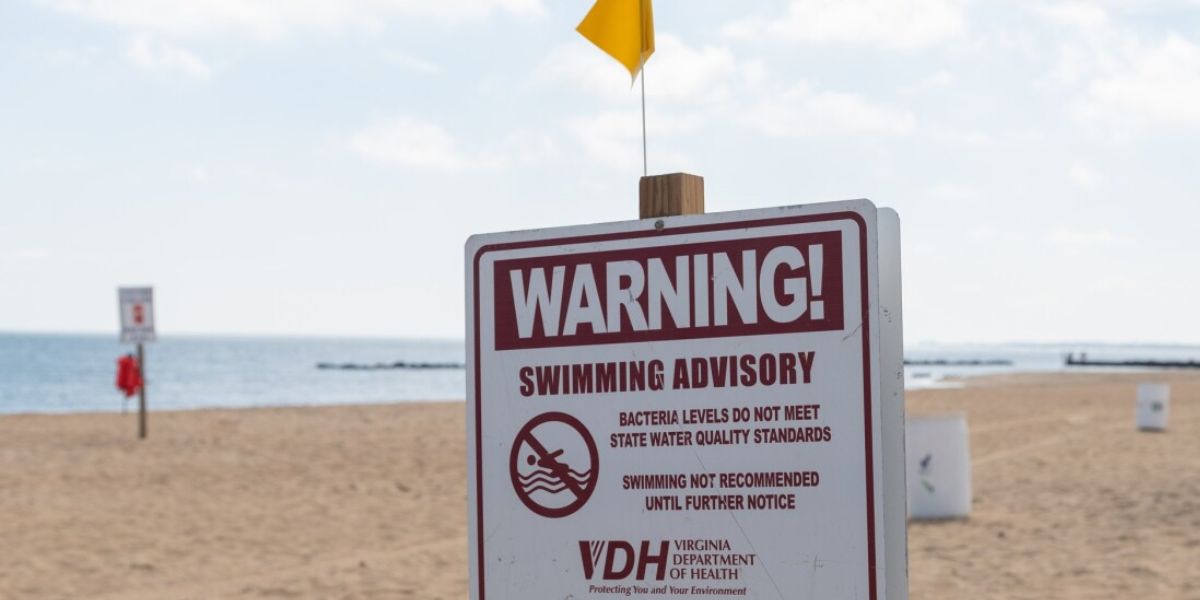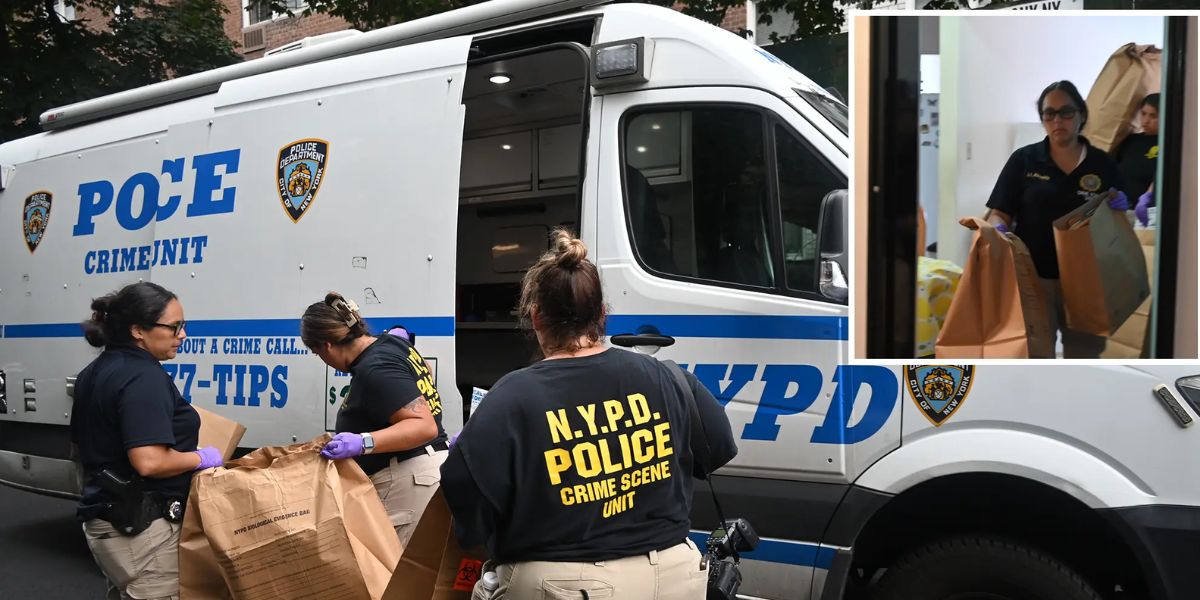Texas — Once the Wild West of autonomous vehicle testing, Texas is now putting stricter DMV approval rules in place as driverless cars become more common—and controversial—on public roads.
Autonomous technology has been evolving rapidly, but oversight is struggling to keep up. Since 2019, nearly 4,000 autonomous vehicle crashes have been reported across the U.S., including 370 in Texas alone.
And in 2024, nearly 500 such crashes occurred nationwide. While most didn’t cause serious harm, some were fatal, prompting lawmakers to act fast.
DMV Steps In: New Rules on the Horizon
In a significant shift, Governor Greg Abbott has signed Senate Bill 2807, giving the Texas Department of Motor Vehicles (DMV) authority to issue, monitor, and revoke permits for fully autonomous vehicles operating without a human driver.
Starting September 1, companies deploying self-driving vehicles will need DMV approval, and they must also provide emergency response plans to local authorities to ensure first responders are never caught off guard.
This move targets companies running robotaxis and driverless delivery vehicles in cities like Austin, which have become ground zero for testing advanced mobility solutions.
Safety at the Center
The growing public discomfort with driverless cars has been fueled by a surge in incidents and lack of transparency in how and where these vehicles are tested.
Federal records show that while only 10% of autonomous vehicle crashes caused injury, the potential for harm remains a serious concern—especially in fast-growing cities where the technology is widely used but loosely regulated.
Read Also: California DMV Errors Put Hundreds of Truck Drivers at Risk of Losing Licenses
The Industry Divide: Tesla vs. Waymo
Tesla recently launched a limited robotaxi service in Austin using its Model Y fleet, with safety operators onboard for now. Meanwhile, Waymo has partnered with Uber to expand its service using a more conservative sensor-based approach.
This highlights a growing divide: Tesla’s minimalist camera-only system versus Waymo’s cautious, layered technology stack involving Lidar, radar, and cameras.
As DMV oversight increases, automakers must now compete not just in technology—but also in compliance and transparency.
What Do You Think?
Are tighter DMV rules the answer to safer roads, or are they slowing innovation? Share your thoughts in the comments at ridgecrestpact.org and join the discussion! Let us know if you’d trust a driverless taxi—or if you’d rather stay in the driver’s seat.

